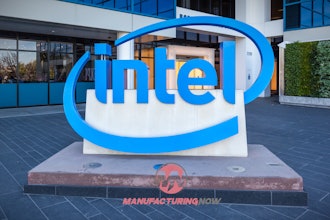The justice and commerce departments’ recently-launched Disruptive Technology Strike Force logged its first enforcement actions with five cases that feature criminal charges and four arrests.
One case involves Liming Li, a California man who is accused of stealing trade secrets from two former employers based in Southern California in order to build his own business in China and provide services and technology to Chinese businesses and government entities.
An affidavit filed with a criminal complaint said Li worked in various software development, engineering and management roles for two SoCal software businesses from 1996 to 2019. However, according to a U.S. Attorney for the Central District of California, Li stole thousands of files of sensitive technology that could be used in the making of nuclear submarines and military aircraft.
As one would expect, because of the software’s military application, no one can export it to China without a license from the Department of Commerce.
The complaint affidavit explains that after Li’s second company fired him, its security caught him using his company-issued laptop to download files from its root directory onto his personal external hard drive.
If that wasn’t incriminating enough, company security searched the laptop and found a folder labeled “ChinaGovernment.”
Li landed another job as a chief technology officer with a Chinese-based manufacturing company in 2020 that demanded he spend at least six months per year in China. But an FBI search of Li’s California house reportedly found devices with files that contained source code for his American companies’ proprietary software, and Li was arrested at Ontario International Airport after he arrived on a flight from Taiwan.
Li faces a statutory maximum sentence of 10 years in federal prison if convicted.
The justice department also released four other cases with criminal charges.
One case centers on a Chinese procurement network created to give materials used in weapons of mass destruction and ballistic missiles to Iran. Two cases involve procurement networks developed to assist Russia in acquiring sensitive technology. The other involves a former Apple software engineer that attempted to steal technology related to the company’s autonomous vehicles.






















